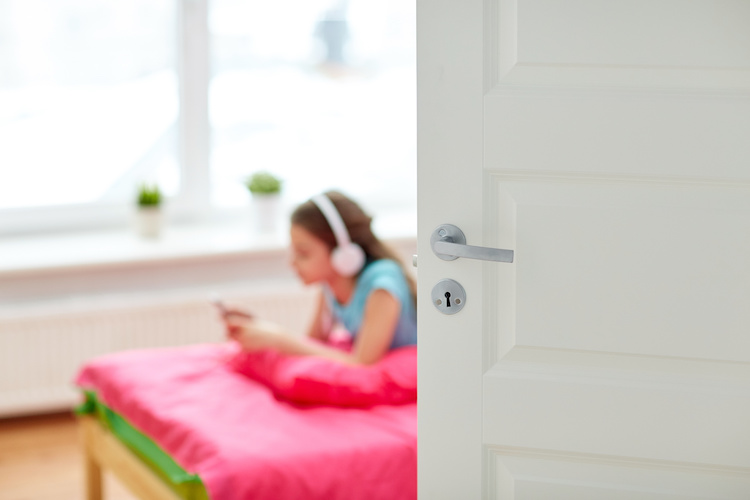For the people-loving, high-energy adult, it is often a challenge to “tone things down” to better relate with a teen who is more quiet, slow-paced and must have alone time for renewal.
As we go through the Adult to Teen DISC Series, the combination we will discuss this week is the High I-Style Adult and the High C-Style Teen.
As a reminder of the DISC Style Basics:
- The High I is the “party looking for a place to happen”, fun-loving, fast-paced, outgoing, enthusiastic, very positive person, is renewed by people time
- The High C – is precise, conscientious, systematic, slower-paced, task-oriented, likes procedures and details, is renewed by quiet alone time
In his excellent book, Different Children, Different Needs, [affiliate link] Dr. Charles Boyd discusses this High I Adult/High C Child combination and shares the:
STRENGTHS: You can learn much from each other, as each of your strengths provide a good balance to the other’s weaknesses. The child can learn not to take things so seriously and to have more fun. And your child can help you think things through in a more analytical way.
STRUGGLES: Your differences can lead to frequent misunderstandings. You love to talk, but sometimes your child needs to have time alone. Also because you are so verbal, you may miss the child’s more indirect way of sharing concerns.
STRATEGIES:
- Listen so you will better understand. Be alert to subtle nuances in what the child says. He uses words sparingly, and every word has meaning.
- Tone down your emotional reactions and your enthusiasm. Be more factual and objective, especially in the midst of conflict.
- Realize that the child’s drive for perfection is as deeply felt as your need for fun. He cannot simply “lighten up” and laugh off mistakes.
- Allow him time alone to be disappointed when his work doesn’t measure up to his standards.
- Don’t rush or push. Allow him time alone to do quality work.
- Be sincere in your praise and appreciation of his work. Tell him what he did well in specific descriptive terms, rather than simply saying, “Great job!” “Terrific!” or “You did a fantastic job.”
- Remember, his worst fear is criticism of his work. Be gentle when correcting.
- Don’t expect him to be a risk-taker. Accept his cautious nature.
[Excerpt(s) from DIFFERENT CHILDREN, DIFFERENT NEEDS: UNDERSTANDING THE UNIQUE PERSONALITY OF YOUR CHILD by Dr. Charles F. Boyd, copyright © 1994, 2004 by Charles F. Boyd. Used by permission of WaterBrook Multnomah, an imprint of Random House, a division of Penguin Random House LLC. All rights reserved.]
One of Dr. Boyd’s strategies that we saw work extremely well – allow the teen their time alone – it is renewing for them, is when they do their best work, and gives them time to develop their process.
This whole concept of understanding what renews each style is especially important in this Adult I-Style and Teen C-Style, since their renewal needs are vastly different. Chapter 4 in my e-book, How to DISC Stress Goodbye for Good, explains these renewal preferences in detail. Click here to access the e-book.
The challenge comes in how to allow time alone – when the High I-Style Adult is full of fun and anxious to be together with people. It definitely requires an awareness and alertness to notice the signals and give space to the High C-Style Teen.
A book I do highly recommend to help with this Style combination is How to Talk So Kids Will Listen & Listen So Kids Will Talk, by Adele Faber & Elaine Mazlish [affiliate link].
I hope this gives you an idea of how a High I-Style Adult and a High C-Style Teen can interact and some strategies to handle those interactions in the best way possible as well as some good next steps in those interactions, wherever they may occur.
For the blogpost on this Adult/CHILD combination, click here: “Yes, Mom – I am Extremely Different From Your Other Children!”
QUESTION: How have you learned to read the signals and allow extra quiet alone time for a slower-paced, detail-loving teen in your life? I’d love to hear your thoughts and observations. Please share in the comment section below.








Leave A Comment